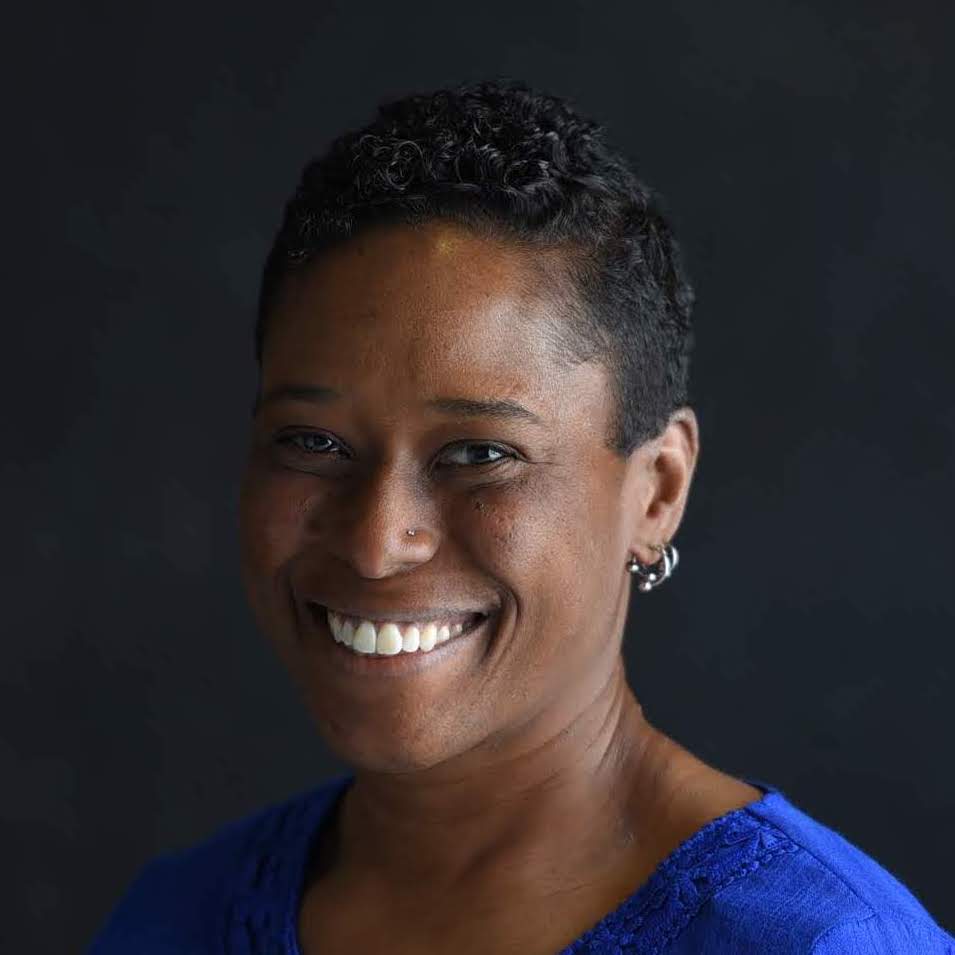In our morning liturgy, we recite the words, Barukh Atah Adonai Eloheinu Melekh Ha’olam, Poke’akh Ivrim — “Blessed are You, God, Ruler of the Universe, Who makes the blind see.” This prayer is a profound invocation, calling on us to open our eyes not only to the physical world but also to deeper truths about our community and society.
The Jewish community is a mosaic of diverse identities, with members identifying across a spectrum of races, ethnicities and experiences, all intersecting at their shared Jewish identity. However, the predominant narrative within our community often centers on Ashkenazi and white experiences, inadvertently marginalizing Sephardic, Mizrahi, and Black and brown Jewish narratives. This oversight not only diminishes the richness of our Jewish cultural tapestry but also perpetuates a lack of awareness around the unique challenges faced by Jews of color. Instances of racism and cultural insensitivity in predominantly white Jewish spaces underscore the urgent need for a more intersectional approach.
Jews of color frequently report feeling isolated or misunderstood within mainstream Jewish spaces, where their racial and ethnic identities do not conform to the majority’s expectations.
In the Torah, we find examples of individuals who belong to multiple marginalized groups, such as Hagar, an Egyptian woman who was a slave and the concubine of Sarah. Hagar’s experiences as both a woman and a slave are intricately described, highlighting how her intersecting identities shaped her treatment by Sarah and Abraham. Another poignant example is Moses, who was born a Hebrew slave and raised as an Egyptian prince. His unique life journey profoundly influenced his leadership and perspective.
Our Jewish values, deeply rooted in our teachings, provide a solid foundation for embracing intersectionality. These values call for intrinsic respect and a duty towards every individual, irrespective of their background. They compel us not only to recognize but also actively to support the complex identities within our community. Living true to these values can help foster a more inclusive environment that acknowledges and appreciates each person’s unique identity and experiences.
Yet, the practical application of these values often falls short. Jews of color frequently report feeling isolated or misunderstood within mainstream Jewish spaces, where their racial and ethnic identities do not conform to the majority’s expectations. For example, Black Jews often face questions about their Jewishness, reflecting deep-seated assumptions about what a Jew “should” look like, and how they should think about certain subjects. Such experiences highlight the necessity for intersectional education and dialogue within our community.
To truly address these issues, our community must take proactive steps. This effort should begin with education that includes diverse Jewish histories and narratives in our communal teachings. We must create spaces for Jews of color to share their experiences without judgment and implement policies that actively dismantle racial and cultural biases in our synagogues, schools and organizations. Additionally, it is crucial that community leaders and members are willing to listen and learn from those who navigate these intersectional identities daily.
Jewish values call for intrinsic respect and a duty towards every individual, irrespective of their background.
Pok’eakh Ivrim — making the blind see — is a directive for our times. It challenges us to open our eyes to the full spectrum of experiences within our community. By doing so, we can move towards a future where every Jewish person, irrespective of their intersecting identities, feels seen, valued and included. This commitment to intersectionality is not merely about adjusting to contemporary social ideologies but is deeply connected to our enduring commitment to justice and community. In embracing this path, we honor the Divine spark in every individual and live up to our highest ideals as a people committed to making the world better for all.
Let us then rise to this challenge, inspired by our morning blessing, to truly see and uplift every member of our community. Through our actions and commitments, we may transform the blessing of Poke’akh Ivrim from a hopeful prayer into a living reality.








One Response
Dear Rabbi Sandra,
Thank you for your posts, they are really very needed at this juncture and so deeply inspiring. Shalom, Blessings, Salaam.
In Peace,
Sharon